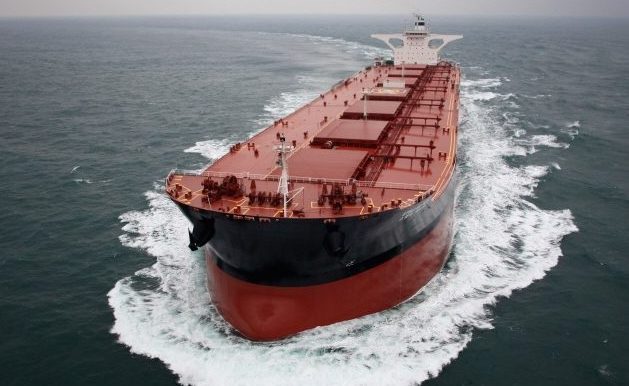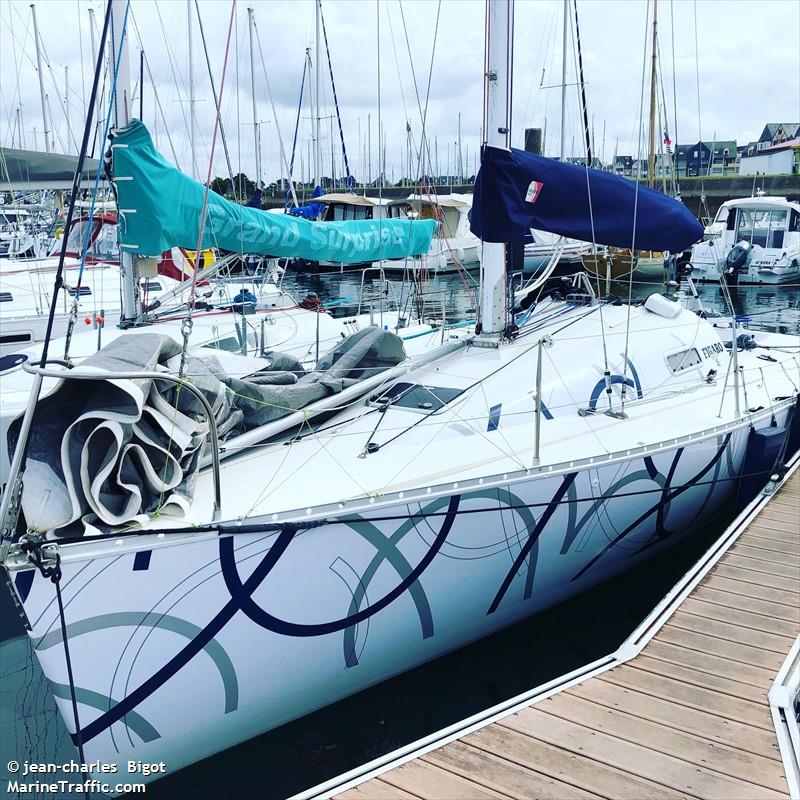Intercargo hits out at flag states for taking too long to investigate accidents

Intercargo, the dry bulk owners’ association, has taken a veiled swipe at the Marshall Islands over its slowness in revealing details into the sinking of the Stellar Daisy in March 2017.
The VLOC, belonging to Polaris Shipping of South Korea, sank in the South Atlantic 18 months ago with the loss of 22 lives, and, despite pressure from the bereaved families for information, the Marshall Islands register has yet to publish details into how the accident happened.
At is annual general meeting earlier this week Intercargo discussed the Stellar Daisy as well as the sinking of the Emerald Star last year which saw 10 crew lose their lives, adding up to the worst year for bulker casualties since 2011.
In a statement, Intercargo said that the submission of quality casualty investigation reports without undue delays would greatly benefit the industry.
“The importance of investigating an incident and the subsequent publication of a casualty investigation report cannot be over stated; the dry bulk industry expects strict compliance with IMO’s Casualty Investigation Code, which might even necessitate a “naming and shaming” enforcement process. We invite the IMO to regularly publish casualty analyses,” Intercargo stated.
At the AGM, Dimitris Fafalios from Fafalios Shipping was elected to replace Anangel Maritime’s John Platsidakis as chairman of the association.

 in March 2017.
in March 2017.
this is great to see Sam, = positive and proactive industry leadership that see major emissions reduction as plausible, achievable and above all a market opportunity for shipping. But the real test will come a the next ISWG and MEPC. Can the IMO match step with these CEOs – which means debate on MBMs must be advanced to the top of the order paper and made a short term measure in the IMO action plan. It will be only too easy to sidestep this, leave real measures until too late and try and paint a few low hanging fruit without real substance as making progress on ambition. I’m hearing from these guys that they aren’t scared of change – but their want certainty and a level playing field to effect change within – not too much to ask surely! And its still 1.5 to stay alive